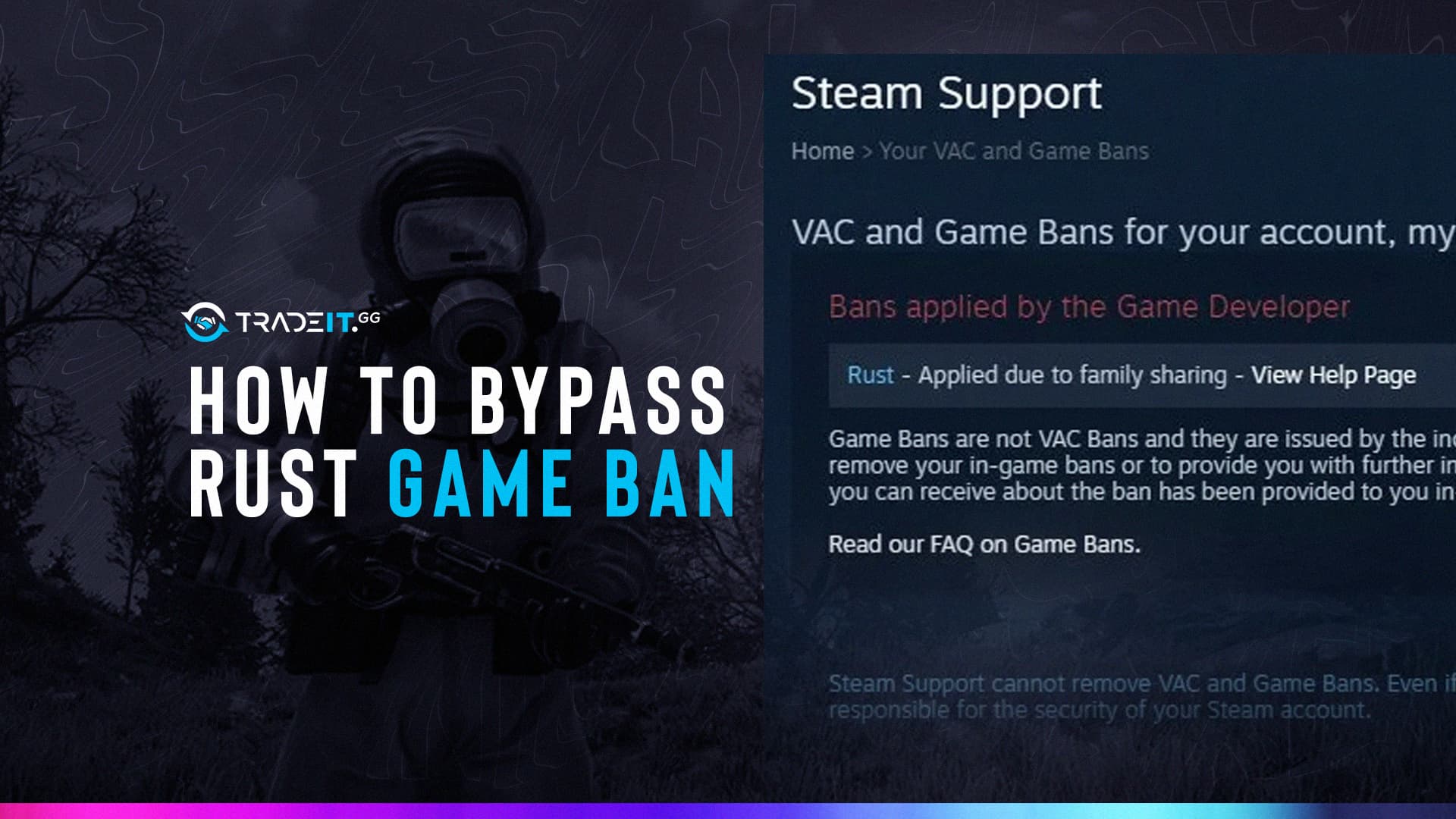Exploring Canadian Watercraft: Tips and Trends
Discover the latest in Canadian watercraft – from Lake Ontario fishing boats to kayaking in the Rockies.
Griefing Penalties in CS2: Are They Tough Enough?
Uncover the truth behind CS2 griefing penalties: Are they strict enough to deter toxic players? Find out now!
Understanding Griefing Penalties in CS2: An In-Depth Analysis
Understanding griefing penalties in Counter-Strike 2 (CS2) is essential for maintaining a fair gaming environment. Griefing refers to disruptive behaviors that intentionally frustrate or harm other players’ experiences. Common forms of griefing include team killing, blocking teammates, and sabotaging objective gameplay. In CS2, these actions can lead to strict penalties, which are aimed at discouraging such behavior. Players may face temporary bans, loss of rank, or even permanent restrictions from certain game modes if they engage in persistent griefing. It is crucial for players to be aware of these penalties to foster a healthier community and to protect their gaming accounts from unpleasant consequences.
The griefing penalty system in CS2 operates on a tiered approach, where the severity of the penalty correlates with the frequency and intensity of the offenses. For instance, first-time offenders may receive a warning or a short ban, while repeat offenders can expect longer bans or more severe restrictions. Reporting tools are available to help players communicate grievances effectively, allowing the game’s moderation team to assess and act on reported incidents promptly. Additionally, players are encouraged to understand the community guidelines and engage with the game positively to avoid inadvertently falling into the griefing category. By fostering respectful gameplay, everyone can enjoy a more balanced and competitive gaming experience.

Counter-Strike is a highly popular multiplayer first-person shooter game that emphasizes teamwork and strategy. It offers various game modes, including bomb defusal and hostage rescue missions. Players often look for tips and tricks to improve their skills; for instance, if you find yourself struggling, you might want to kick yourself and reset your mindset.
Are Current Griefing Penalties in CS2 Enough to Deter Bad Behavior?
The introduction of griefing penalties in CS2 has sparked considerable debate among players and the gaming community. While some argue that the existing measures are adequate to deter bad behavior, others assert that they are not stringent enough. Currently, players who engage in griefing, which includes actions like team-killing or sabotaging allies, face temporary bans or matchmaking restrictions. However, critics point out that these penalties often do not go far enough to address the root causes of such behavior, leading to a cycle of negative gameplay that can frustrate dedicated players. In many cases, the temporary nature of the penalties allows offenders to resume their harmful actions after serving their time, leaving victims without a sustainable solution.
Moreover, community feedback suggests that a more robust system of penalties is needed. For instance, a tiered approach to punishment could be implemented, where repeat offenders face escalating consequences, including longer bans or even permanent removal from the game. This would send a clearer message that griefing is unacceptable and carries significant repercussions. Additionally, enhancing reporting tools and increasing transparency regarding penalty enforcement could bolster player trust in the system. Without stronger deterrents, the likelihood of bad behavior may continue to plague CS2, impacting overall player enjoyment and the game's reputation.
The Impact of Griefing on CS2 Gameplay: A Call for Tougher Penalties?
The rise of griefing in Counter-Strike 2 (CS2) has sparked considerable debate about its impact on gameplay and the overall player experience. Griefing refers to actions where players intentionally disrupt the game for their teammates, such as team killing, blocking entries, or sabotaging objectives. This behavior not only frustrates players but can also skew match results, leading to unfair wins for teams that engage in such tactics. As a community, it is essential to address these issues to maintain the integrity of competitive play and ensure a positive gaming environment for everyone.
The current penalties for griefing in CS2 may not suffice to deter repeat offenders, which raises the question: should developers implement tougher penalties? Implementing stricter consequences could discourage disruptive behavior and promote a more respectful atmosphere. For example, lengthy bans or increased matchmaking restrictions for chronic offenders could lead to a more enjoyable experience for all players. As the community continues to advocate for changes, the need for a fair and balanced system has never been more critical in shaping the future of CS2 gameplay.